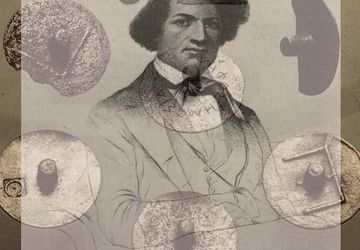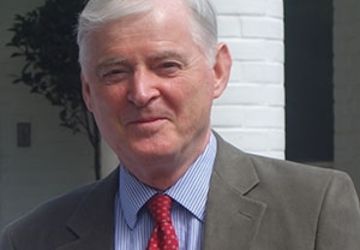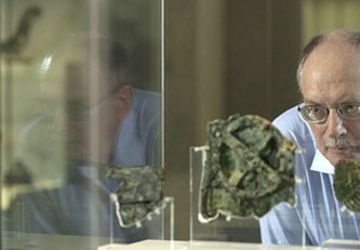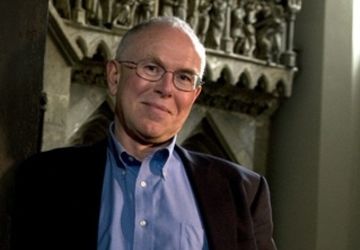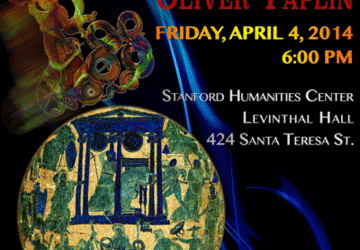Eitner Lectures
The Lorenz Eitner Lectures on Classical Art and Culture publicize classics and classical scholarship to a wider public.
The series has been endowed by Peter and Lindsay Joost, great friends and benefactors of Stanford Classics, in honor of the late Lorenz Eitner, director of Stanford’s art museum, now known as the Cantor Center, in the 1960s-80s. He also chaired what was then the Department of Art and Architecture and was a distinguished expert of French Romantic painting, and the author of a dozen books on art and art history. In naming these annual lectures after him, we honor the memory of a renowned scholar, teacher and writer who oversaw the expansion of our art museum to a leading regional art collection.
Past Events
450 Jane Stanford Way, Building 320, Stanford, CA 94305
105
Reception: Outside of Geology Corner (320-105). Appetizers and drinks provided. 5-5:30pm
Please join us for The 2022 Eitner Lecturer, featuring Phiroze Vasunia, Professor of Greek at University College London: Greek and Latin Refocused: Literature in the Multilingual Roman Empire…
This lecture will explore the relationship between narration, subjecthood, embodiment, and identity in extant Athenian legal oratory in dialogue with the writings and speeches of Frederick…
Julius Caesar was one of history’s greatest leaders and one of its worst.
This topic exposes ironies and offers a cautionary tale: During World War I the standard maps of Asia Minor by Heinrich Kiepert and his son Richard become a mainstay for the British General Staff…
This is a Lorenz Eitner Lecture for Classical Studies.
Without two chance storms, two thousand years apart, the Antikythera Mechanism would never have been discovered and our view of ancient Greek technology would be entirely different.
Rome’s fall has excited impassioned debate for centuries, as historians and archaeologists have filled libraries with volumes on the subject. What more could possibly be learned or said?
This is a Lorenz Eitner Lecture for Classical Studies.
The Myth of Medea was not fixed or static, and in this lecture Prof. Taplin will show how Euripides made crucial innovations in his tragedy of 431 BCE.

